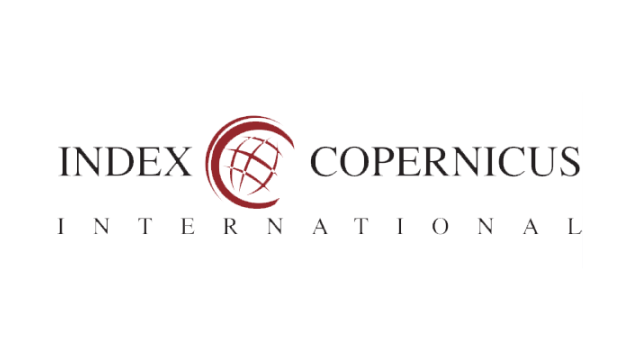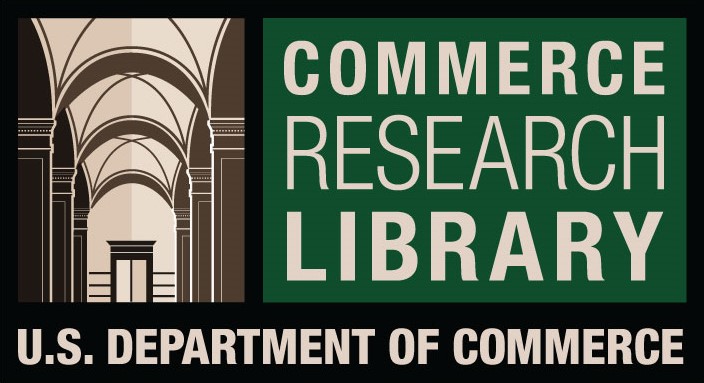EDUCATORS’ WORLDVIEW ETHICS AND THE CHANGE OF TECHNOLOGICAL PARADIGMS (Based on Russian and Mongolian experience)
DOI:
https://doi.org/10.61841/mj69md02Keywords:
teacher, ethics, worldview, technological paradigms,, environmental consciousness,, sociocultural environment, model.Abstract
This article highlights the process of a future teacher’s worldview and ethics formation while nurturing the human capital of an innovative economy and environment containing new technological paradigms. The system for teacher education is founded on moral and ethical values, and changes in technological paradigms on these bases leads to the formation of new value systems. In the context of these changes, the prospects for the development of a future teacher’s worldview and ethics development have been identified. The authors identify two factors that influence the formation of pedagogical ethics: (i) the natural and climatic environment and factors associated with the implementation of ethno-pedagogical principles of education; and (ii) the scientific and technological revolution and related processes of intensive economic innovation development. In a changing technological environment, the worldview of a modern teacher is influenced by their attitude toward nature, society, and different aspects of the surrounding reality, as well as themselves and their own life, which is expressed through beliefs, views, ideals, and value orientations that determine the spiritual and moral spheres of their personality, worldview orientation, consciousness, and thinking. The sociocultural environment and open sociocultural educational space become factors that determine the regional features of historical and modern educational practices. These factors also significantly impact pedagogical processes and the formation of ethics, innovative worldviews, consciousness, and thinking patterns of both the teacher and the people in the educational institution (under his/her professional influence) and, at the appropriate level, in society. The importance of the influence of environmental consciousness and sociocultural factors on the formation of students’ new ethical foundations, which are related to the understanding of existing environmental and social problems, is confirmed by the empirical data provided.
Downloads
References
1. Bakhtiyarov O. The People of New Will: The Socio-Humanitarian System and its Creators // Development and Economics. 2012. 3. Pp. 150–163.
2. Borisova U.S. Ethnocultural Education: Historical and Sociological Analysis: on the Materials of the Republic of Sakha (Yakutia) // St. Petersburg. 2006. Pp. 318.
3. Nikolaeva A.D., Filin S.A., Davaasurengiin D. The origins of the Russian Teacher’s Worldview and Ethics Formation (on the example of the Republic of Sakha (Yakutia) // Discussion. 2017. 7. Pp. 90–95.
4. Shumpeter I. A. The Theory of Economic Development. Capitalism, Socialism, and Democracy. Moscow: Eksmo. 2007. Pp. 864.
5. Yakovets U.V. Century Milestone Innovations of the 21st Century. Moscow: Economics. 2004. Pp. 439.
6. Yakushev A.Z. Innovation Consciousness Formation as One of the Key Aspects of Ensuring the Innovative Scenario of Economic Development // Volgograd State University’s Bulletin. 3: Economics. Ecology. 2015. 4. Pp. 150–160.
7. Yarychev N.U. The Concept of Developing a Conflictological Culture of a Teacher in a Self-Learning Organization // Chelyabinsk. 2011. Pp. 48.
8. Filin S.A., Nikolaeva A.D., Yakushev A. Z., Alekseeva I. S. Training Of Specialists For "Digital" And Innovative Economies // Future Academy, USA, 2018. Pages: 615-622 doi:https://dx.doi.org/10.15405/epsbs.2018.12.02.74
9. Giorgett, F.M., Campbell C. & Arslan A. (2017) Culture and education: looking back to culture through education, Pedagogica Historica, 53:1-2, 1-6, DOI: 10.1080/00309230.2017.1288752
10. Ivon H & Kuščević, D. (2013). School and the Cultural-Heritage Environment: Pedagogical, Creative and Artistic Aspects. Center for Educational Policy Studies Journal, 3(2), 29-50.
11. Komar Z. (2009). Slobodno vrijeme kao vrijeme istinskog obrazovanja. Filozofska istraživanja, 29 (2), 297–302.
12. Neustroev N. D., Nikolaeva A. D., Neustroeva A. N., Ivanova A.V. Problems and Modernization Trends of Ungraded Schools of the Russian North // Mathematics Education, Volume 11 Issue 10 (2016),
November 25, 2016, Article Number: iejme.2016.280, Published Online: November 25, 2016 Article
Views: 15 | Article Download: 8, pp. 3415-3424 http://www.iejme.com/makale/1606
13. Nikolaeva A.D., Osipova O.P. The Formation Of Ethics And World Outlook Of The Future Teacher // Future Academy, USA, 2018, Р. 680-688 doi:https://dx.doi.org/10.15405/epsbs.2018.12.02.67
14. Nikolaeva A.D., Savvinov V. M. Multi-ethnic school in the Russian Federation: the Preconditions of Formation and Development (a case study of a national region) // Mathematics Education, Volume 11 Issue 10 (2016), November 25, 2016 Article Number: : iejme.2016.279 Published Online: November
25, 2016 Article Views: 15 | Article Download: 8, pp. 3405-3414 http://www.iejme.com/makale/1605
15. Trede F. (2012). The role of Work-integrated learning to develop professionalism and professional identity. Asia Pacific Journal of Cooperative Education. 13. 159-167.
16. Ivlev, V.Y, Barkova, E.V., Ivleva, M.I., Buzskaya, O.M. (2016) Environmental approach to the study of the modern stage of information society development: Research prospects. International Journal of Environmental and Science Education, Volume 11, Issue 16, pp. 9113-9124.
17. Abdullaev, F.O., Khamraev, K.I., Arzuova, S.A., Abdukayumov, A.N. (2019) Digital Transformation of Market Institutions. Journal of Southwest Jiaotong University, 54(3). http://jsju.org/index.php/journal/article/view/308
18. Sugiantiningsih, A.A.P., Weni, I.M., Hariyanto, T., Tutuko, P., Sedyowati, L. (2019) Enhancing Environmental Quality through Community Participation based on Traditional Rules: Empowering the New Role of Pecalang in Bali. Journal of Southwest Jiaotong University, 54 (5). http://jsju.org/index.php/journal/article/view/365
Downloads
Published
Issue
Section
License

This work is licensed under a Creative Commons Attribution 4.0 International License.
You are free to:
- Share — copy and redistribute the material in any medium or format for any purpose, even commercially.
- Adapt — remix, transform, and build upon the material for any purpose, even commercially.
- The licensor cannot revoke these freedoms as long as you follow the license terms.
Under the following terms:
- Attribution — You must give appropriate credit , provide a link to the license, and indicate if changes were made . You may do so in any reasonable manner, but not in any way that suggests the licensor endorses you or your use.
- No additional restrictions — You may not apply legal terms or technological measures that legally restrict others from doing anything the license permits.
Notices:
You do not have to comply with the license for elements of the material in the public domain or where your use is permitted by an applicable exception or limitation .
No warranties are given. The license may not give you all of the permissions necessary for your intended use. For example, other rights such as publicity, privacy, or moral rights may limit how you use the material.









